Submitting a demo submission to record labels can be a little tricky.
You have to make sure your music stands out while following each label’s specific guidelines without overwhelming or annoying them.
If you submit your demo incorrectly or unprofessionally, it could end up being ignored or deleted, and you might even get a bad reputation along the way.
That’s why we’re breaking down everything you need to know, including:
- What are demo submissions? ✓
- Preparing your demo submission ✓
- Choosing the right songs ✓
- The quality of your music ✓
- Researching record labels ✓
- Record label/submission form requirements ✓
- Creating a professional presentation ✓
- Submitting your demo digitally ✓
- Professional communication ✓
- Following up with record labels ✓
- Legal considerations when submitting music ✓
- Helpful demo submission tips & expert techniques ✓
- Much more ✓
After reading this article, you’ll know everything about submitting demo submissions so your music gets the attention it deserves.
Plus, you’ll be able to communicate with record labels in the right way and ensure your demo stands out from the competition.
This way, you can maximize your chances of getting signed, and your music won’t get lost in the shuffle.
So, let’s dive in…
Table of Contents
- What Are Demo Submissions?
- Preparing Your Demo Submission
- Researching Record Labels & Understanding Record Label Requirements
- Creating a Professional Presentation
- Submitting Your Demo Digitally: Private Links vs MP3/WAV Files
- Legal Considerations
- Bonus: Helpful Tips When You Submit Your Demo
- Demo Submission: Final Thoughts
What Are Demo Submissions?

Demo submissions are your golden ticket for breaking into the music industry 一 they are your chance to showcase your best work to record labels.
A demo submission typically includes a few tracks that highlight your unique style and skills, showing why they should give you the time of day.
These submissions help record labels decide if they want to sign you or not.
Record labels get hundreds of them daily and, with the shift to digital, most labels prefer private streaming links over physical formats (we’ll break it all down, don’t worry).
This change has made it easier for labels to access and review music quickly.
However, it also means you need to ensure your demo stands out among many other submissions.
A well-prepared demo can significantly increase your chances of getting signed, so let’s break down exactly how you can do so.
Preparing Your Demo Submission
To ensure your demo makes a strong impression, preparation is key. This involves selecting the right songs and ensuring top-notch song quality. Let’s get into it.
-
Choosing the Right Songs
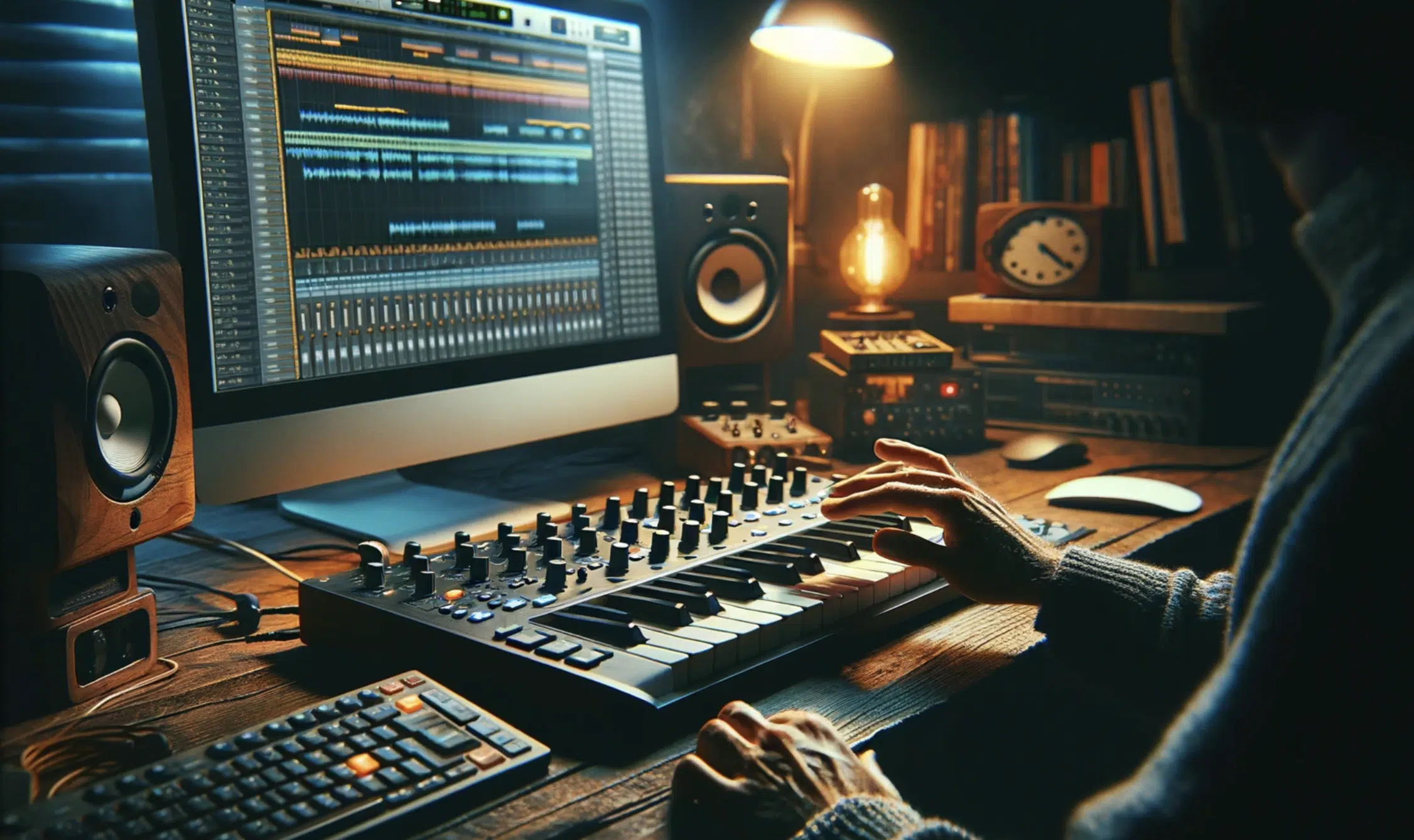
Choosing the right songs for your demo submission is essential, so make sure to focus on including one song that showcases your best work.
Select tracks that highlight different aspects of your talent, whether it’s your:
Remember, it’s all about quality over quantity 一 a single, polished project can be more effective than a million average ones.
Make sure to get feedback from trusted friends or mentors to ensure your choices will resonate with the masses.
Your demo submission should represent the best of what you have to offer.
And always get creative as well, because remember how many demos they must hear a day; you’ve got to stick out.
-
The Quality of Your Music

The quality of your music can make or break your demo submission, so you always want to make sure your recordings are professional and produced well.
Poor quality can turn off listeners, no matter how good the music itself is.
Invest in proper mixing and mastering to make your tracks sound polished because record labels appreciate demos that are as close to a final product as possible.
Use high-quality equipment and software to achieve the best sound.
A professional-sounding demo demonstrates your commitment and seriousness about your music career.
So, always make sure your demo submission reflects the best possible version of your music…
Labels want to hear your full potential if they’re going to be dropping money on you.
This attention to detail can set you apart from other artists and increase your chances of being noticed by record labels.
Researching Record Labels & Understanding Record Label Requirements
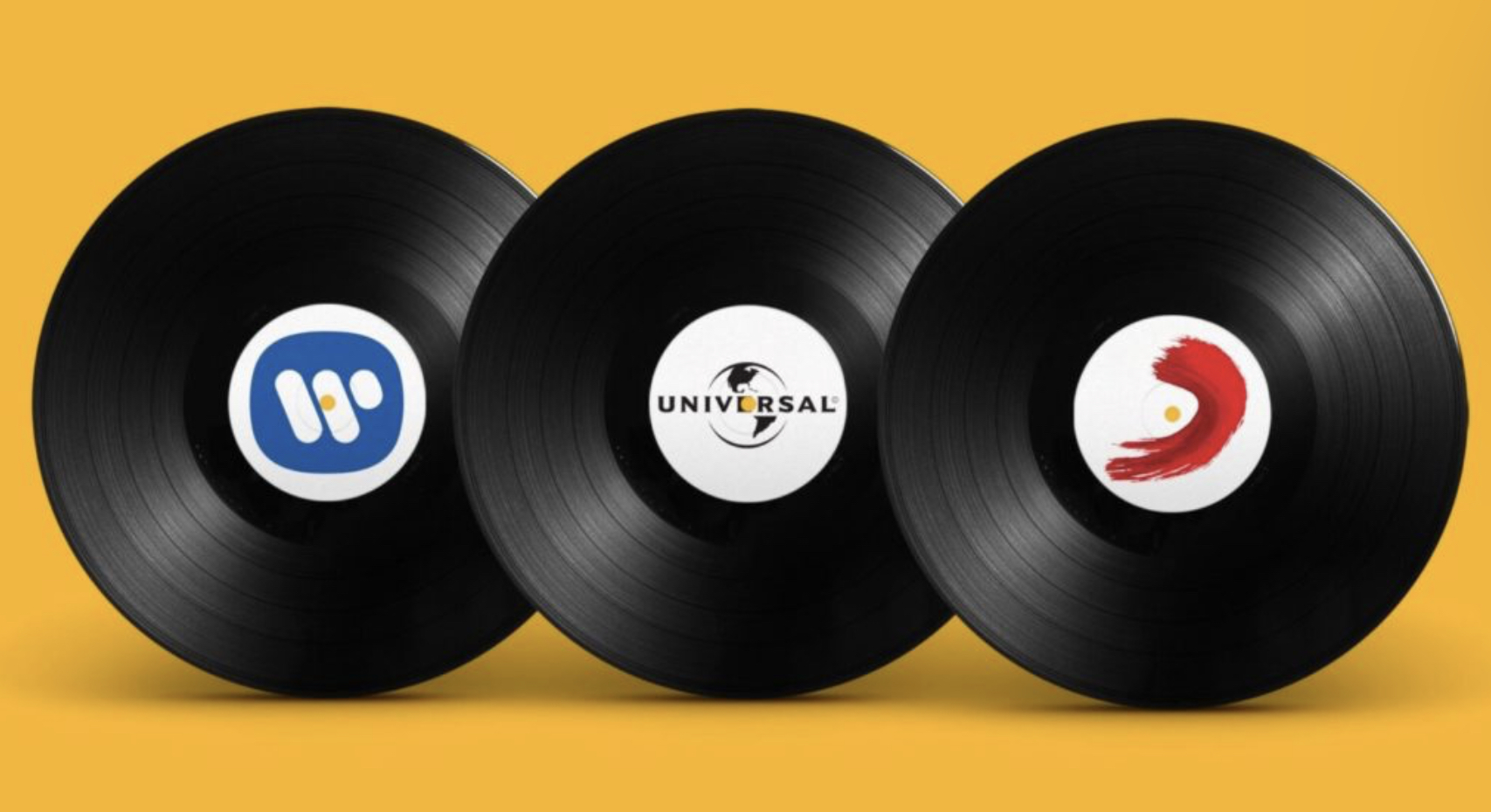
Researching record labels is a key step in the demo submission process, so start by identifying labels that vibe with your specific music genre and style.
Each label has its own submission guidelines, which you must follow precisely, so make sure to look into it thoroughly.
Most labels prefer certain formats or specific types of links, like private SoundCloud streams, but some still don’t, so make sure to double check.
Understanding what a label looks for can increase your chances of getting noticed, and doing your homework shows professionalism and respect for the label’s process.
Just remember to always personalize your demo submissions to reflect your knowledge of the label’s roster, vibe, and aesthetic.
Pro Tip
When reaching out to a record label, always address your email to the specific manager in charge of A&R to make sure they hear your submission.
Clearly state your intent to sign with the label and make sure to include your contact details prominently.
Also, emphasize any reputable companies you’ve worked with and provide a professional contact for references.
Creating a Professional Presentation
A professional presentation can set your demo apart from others, which is the most important factor. This includes creating an electronic press kit and writing a compelling cover letter, as follows.
-
Creating an Electronic Press Kit
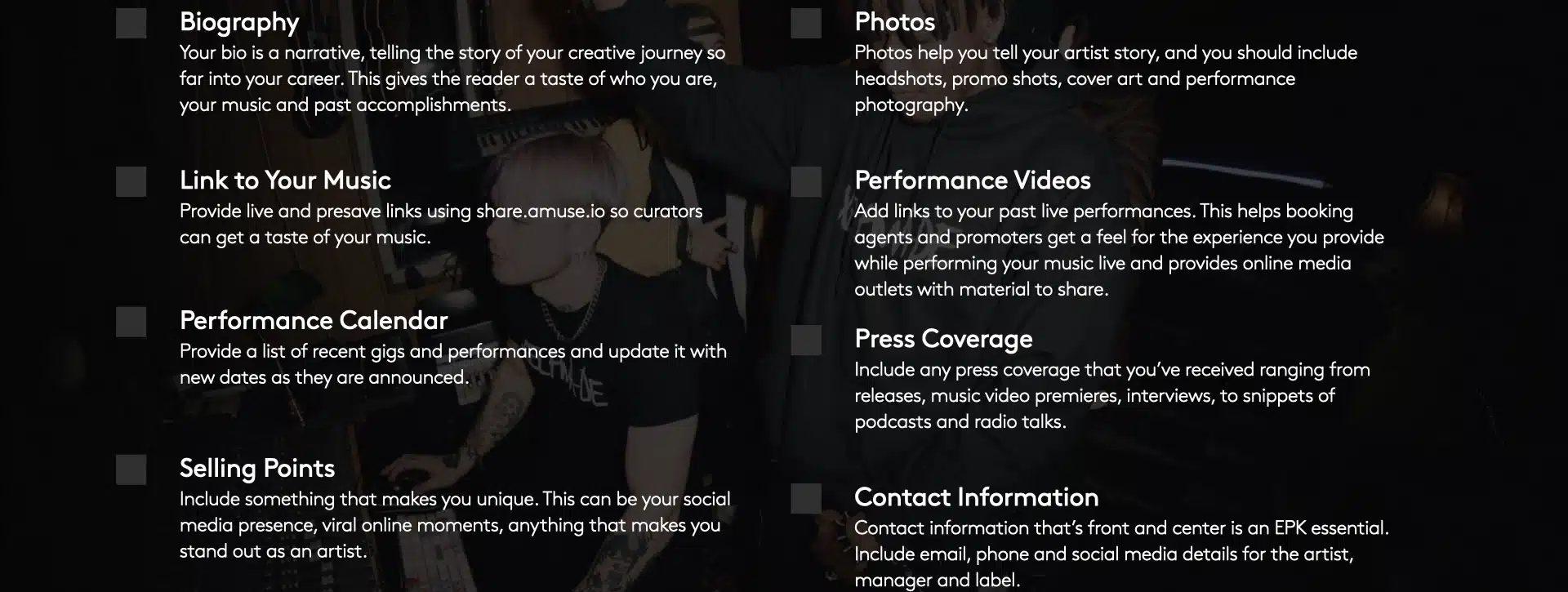
An electronic press kit (EPK) is an essential component of your demo submission which should include:
- Your biography (with all contact details)
- Your best work
- High-quality photos
- Any press coverage & other accomplishments
- Etc.
The EPK provides labels with an extensive overview of you as an artist 一 you always want to make a professional, lasting impression.
Make sure your EPK is well-organized and visually appealing and always include links to your social media profiles and previous releases.
Bottom line, an effective EPK can seriously enhance your credibility and professionalism, so tweak your EPK to reflect your unique brand and style.
-
Writing a Compelling Cover Letter
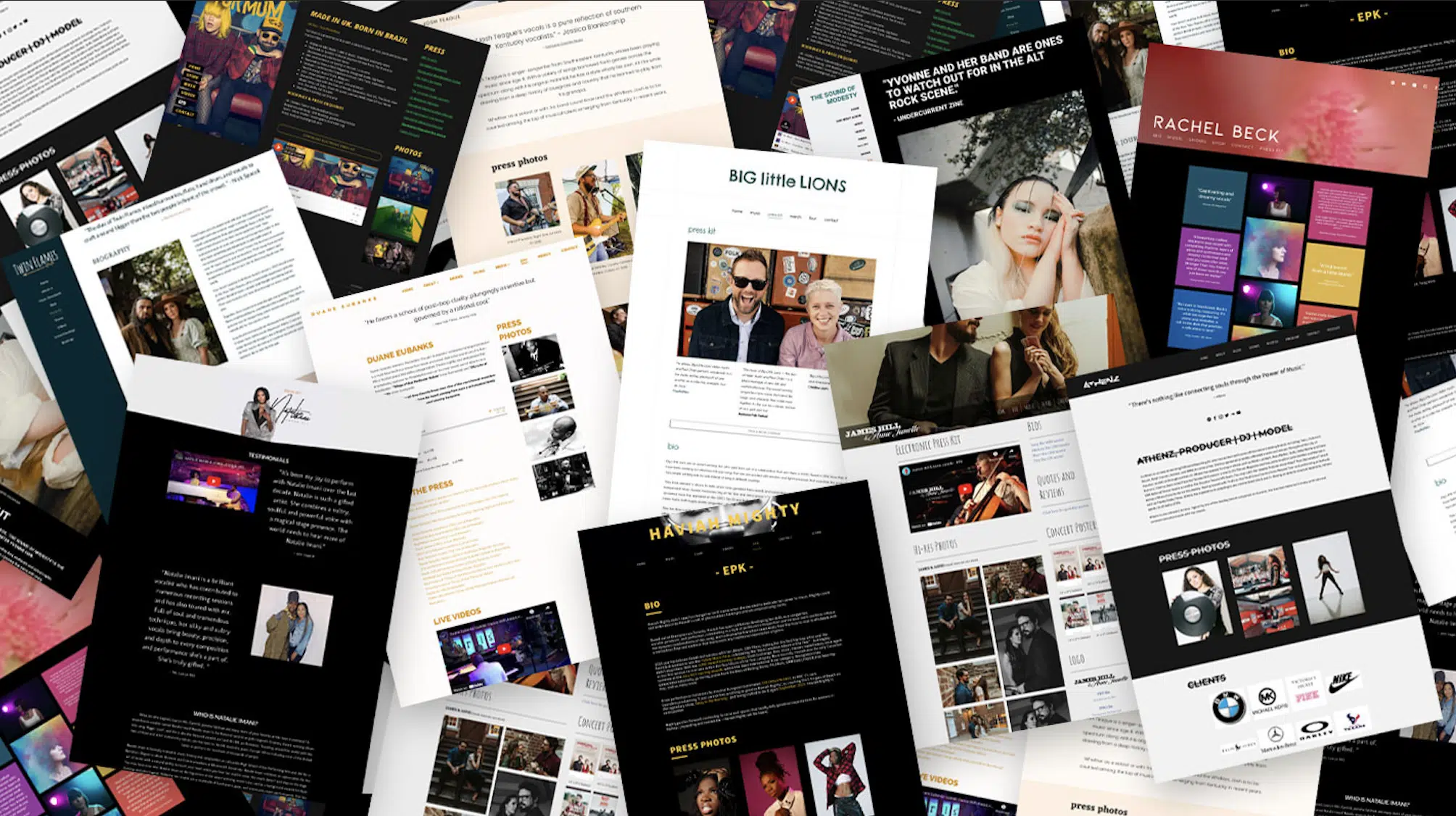
When you submit demo submission, a captivating cover letter can really make it pop and capture the attention of whatever important person is reading it.
Make sure to address the letter to a specific person or department at the label 一 showing that you’ve done your research.
Introduce yourself in a few lines and explain why you’re submitting music to their record label specifically (always talk them up, of course, but not like a kiss-ass).
Make sure to highlight key aspects of your music career to get them interested, such as:
- Notable performances
- Impressive followings
- Collaborations
- Unique elements of your sound
Keep the letter concise, focusing on your main achievements and goals, and always use a professional tone (plus, check for any spelling or grammatical errors).
A well-written cover letter can leave a lasting impression and, when it comes to them actually listening, it will up your odds.
Submitting Your Demo Digitally: Private Links vs MP3/WAV Files
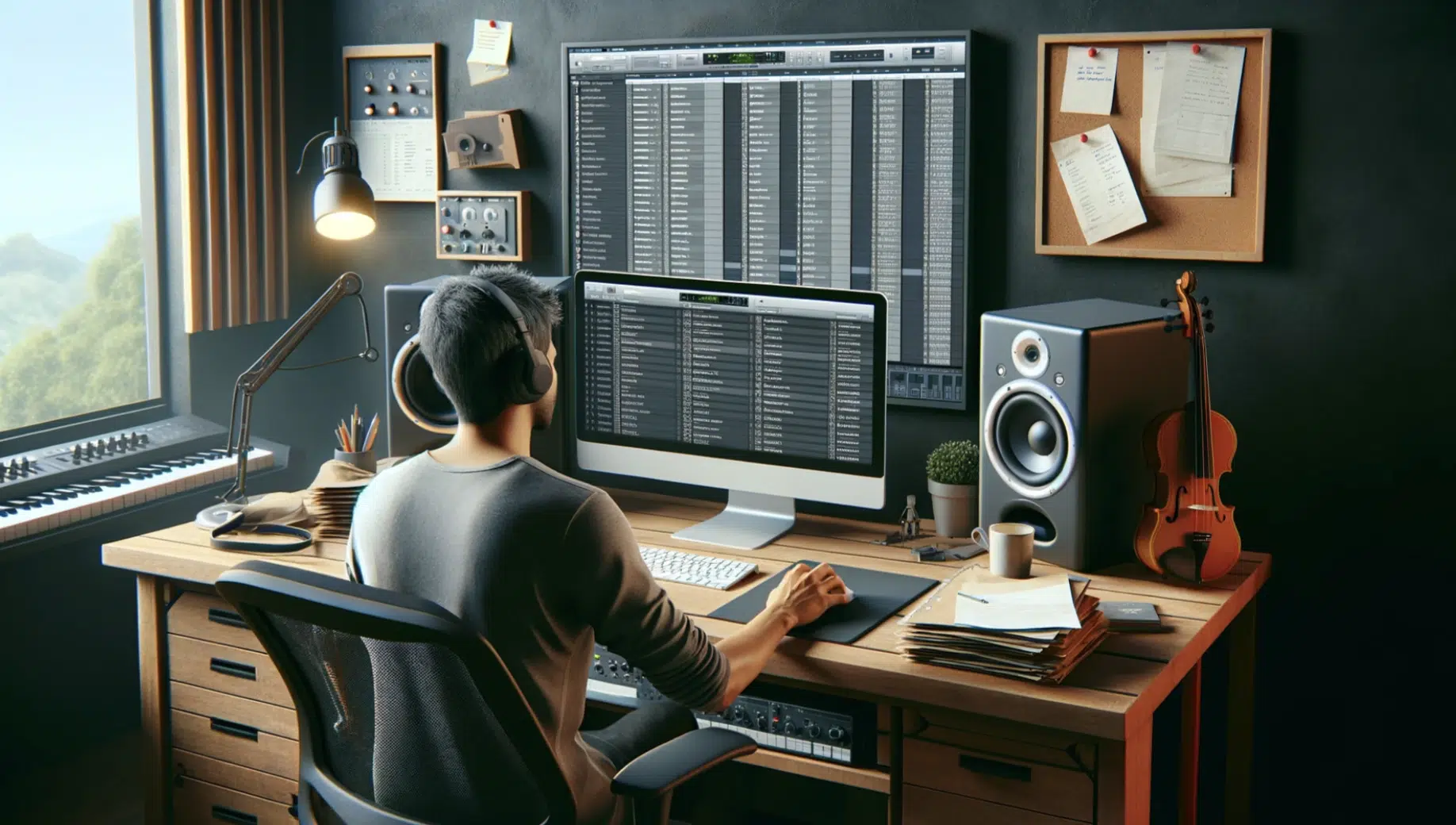
In 2024, submitting your demo digitally is the preferred method for most record labels.
Private streaming links, such as those from SoundCloud or Dropbox, are highly recommended (and oftentimes, required).
These links are convenient for labels 一 allowing them to access your music quickly and easily without downloading large files.
Sending MP3 or WAV files as email attachments is generally discouraged.
In fact, many record labels actually have security filters that block attachments or send them to spam (ouch).
NOTE: Using private links also allows you to track when and if your demo has been listened to, which is super convenient.
Make sure your private links are set to allow downloads, as some labels might request this and clearly label your tracks and provide any necessary context within the link.
This approach will make sure your demo is both accessible and professional.
Remember, making the submission process easy for the record label can increase your chances of getting your music heard, which is always the goal.
-
Timing Your Follow-Up
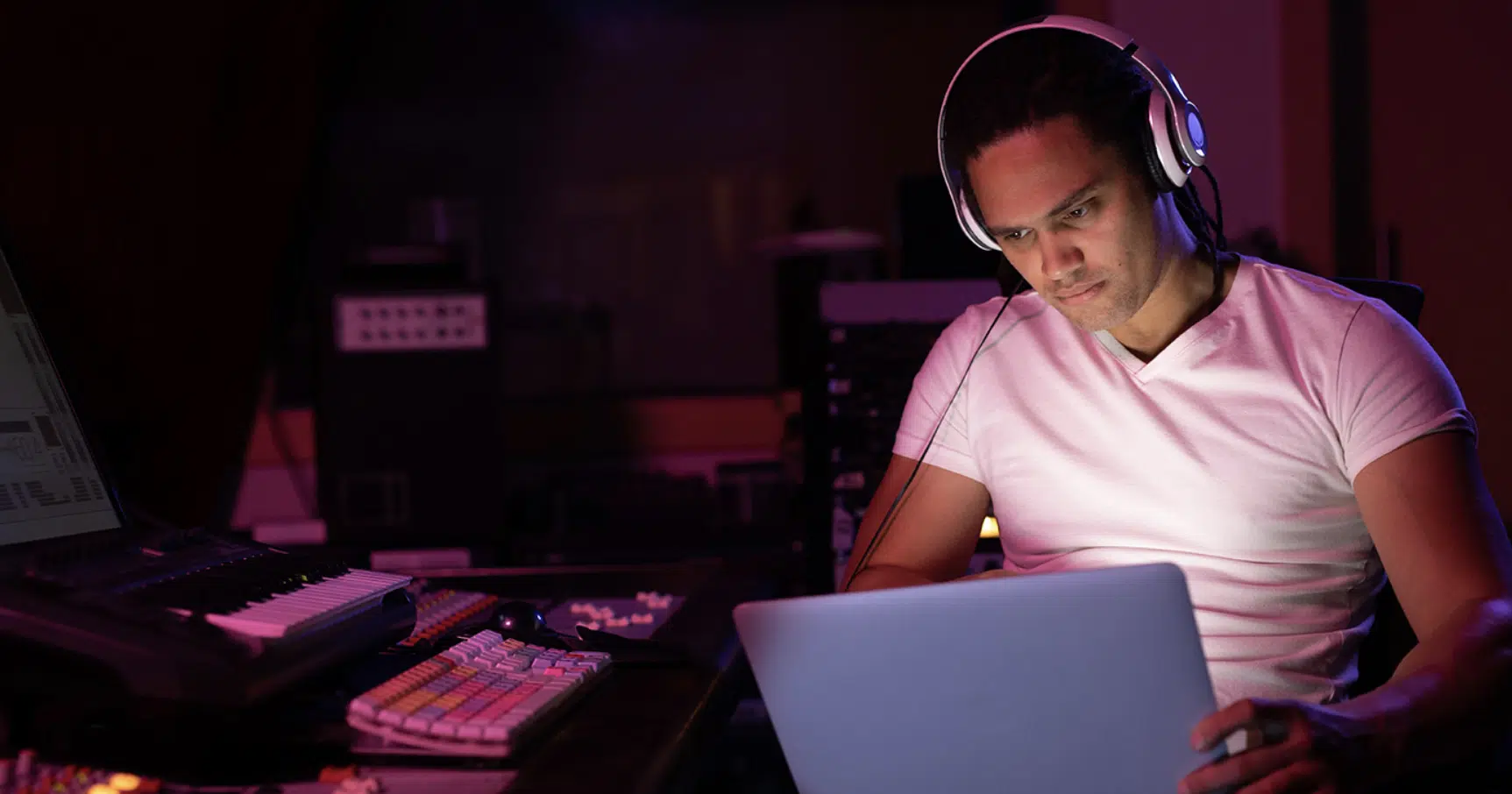
Timing your follow-up correctly is make or break.
You want to wait at least two weeks after submitting your demo before reaching out, because being labeled as annoying, pushy, or unprofessional is never good.
This gives the label enough time to review your submission.
Be patient but persistent 一 don’t bombard them with messages, nobody likes that.
A polite follow-up email asking if they’ve had a chance to listen to your demo is appropriate, but only after a certain amount of time (about 2-4 weeks).
-
Professional Communication: Dos & Don’ts To Get Your Tracks Heard
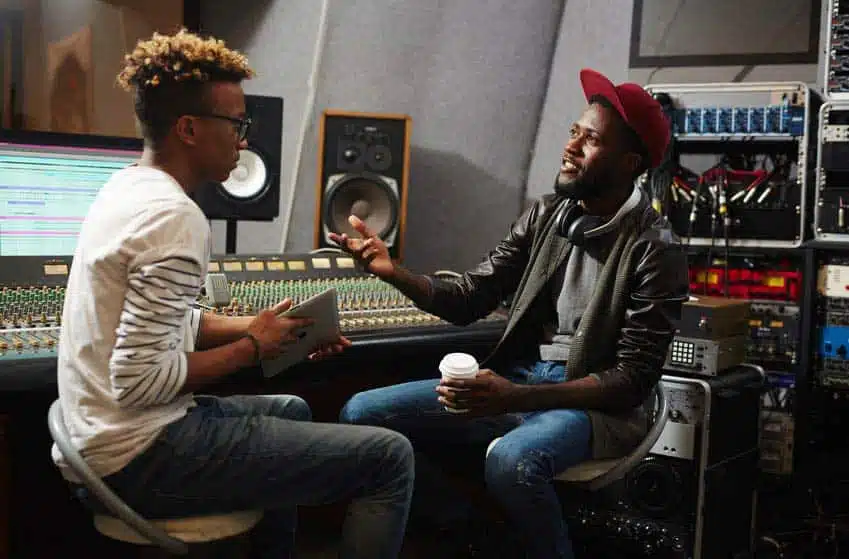
Professional communication can impact how your demo is received in a major way.
Always address the label representative by name if possible and keep your follow-up emails concise and to the point.
Avoid sending multiple messages across different platforms 一 stick to one method of communication.
Also, express your gratitude for their time and consideration, they love that.
Don’t be pushy or overly persistent, as this can obviously be off-putting (and might even make you get a reputation as a nuisance).
And remember clear and respectful communication can increase your chances of getting your tracks heard.
Legal Considerations
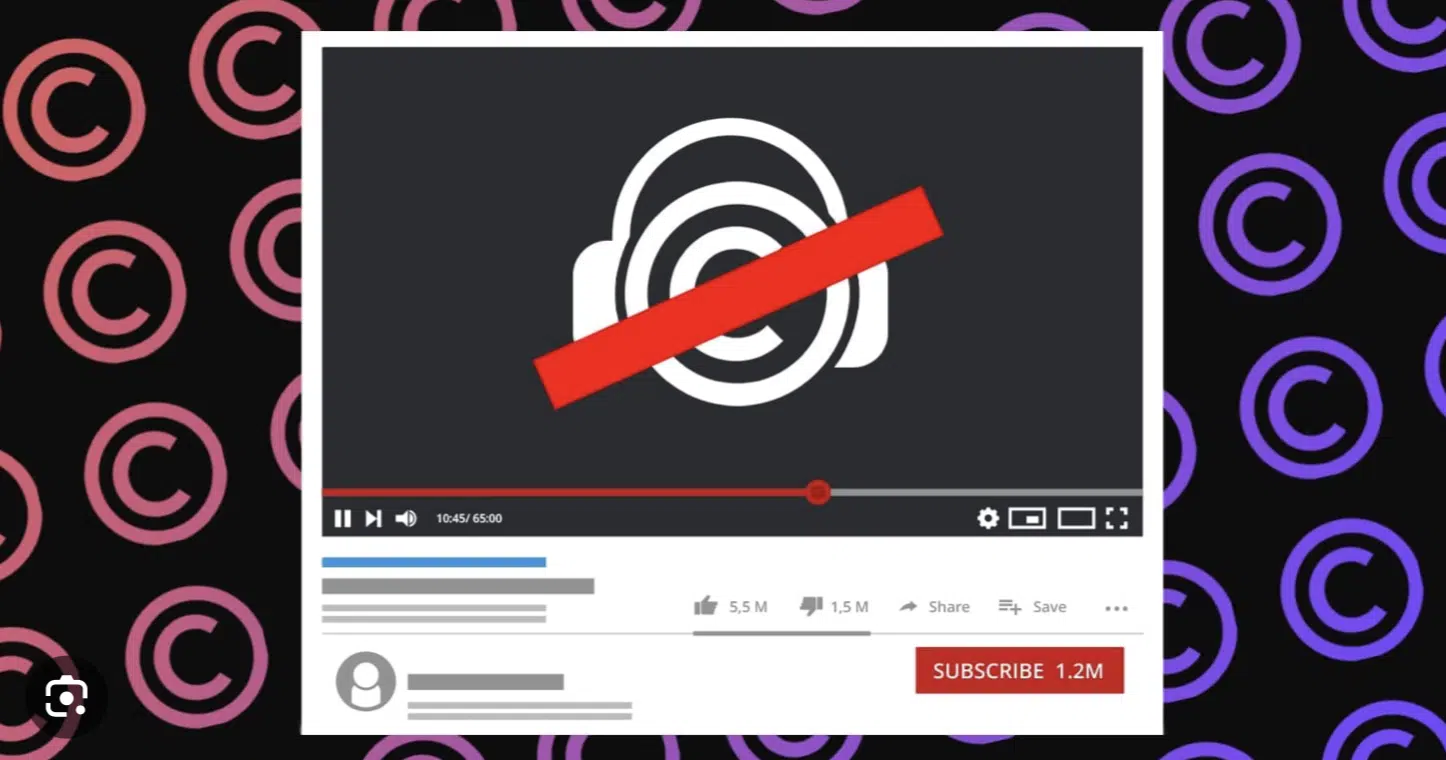
Legal considerations are vital when submitting your demo to a record label.
First, ensure your music is properly copyrighted to protect your intellectual property rights.
In the U.S., you can register your song with the U.S. Copyright Office, which provides legal benefits such as the right to sue for infringement and potential statutory damages.
NOTE: Given recent legal developments, be aware of issues surrounding AI-generated content, as current laws may not fully protect music created using AI tools unless human creativity is involved.
Additionally, ensure you have the necessary permissions or licenses if your demos include samples or other copyrighted materials.
Consulting with a music lawyer can help you master these complexities and ensure your rights are fully protected.
Bonus: Helpful Tips When You Submit Your Demo
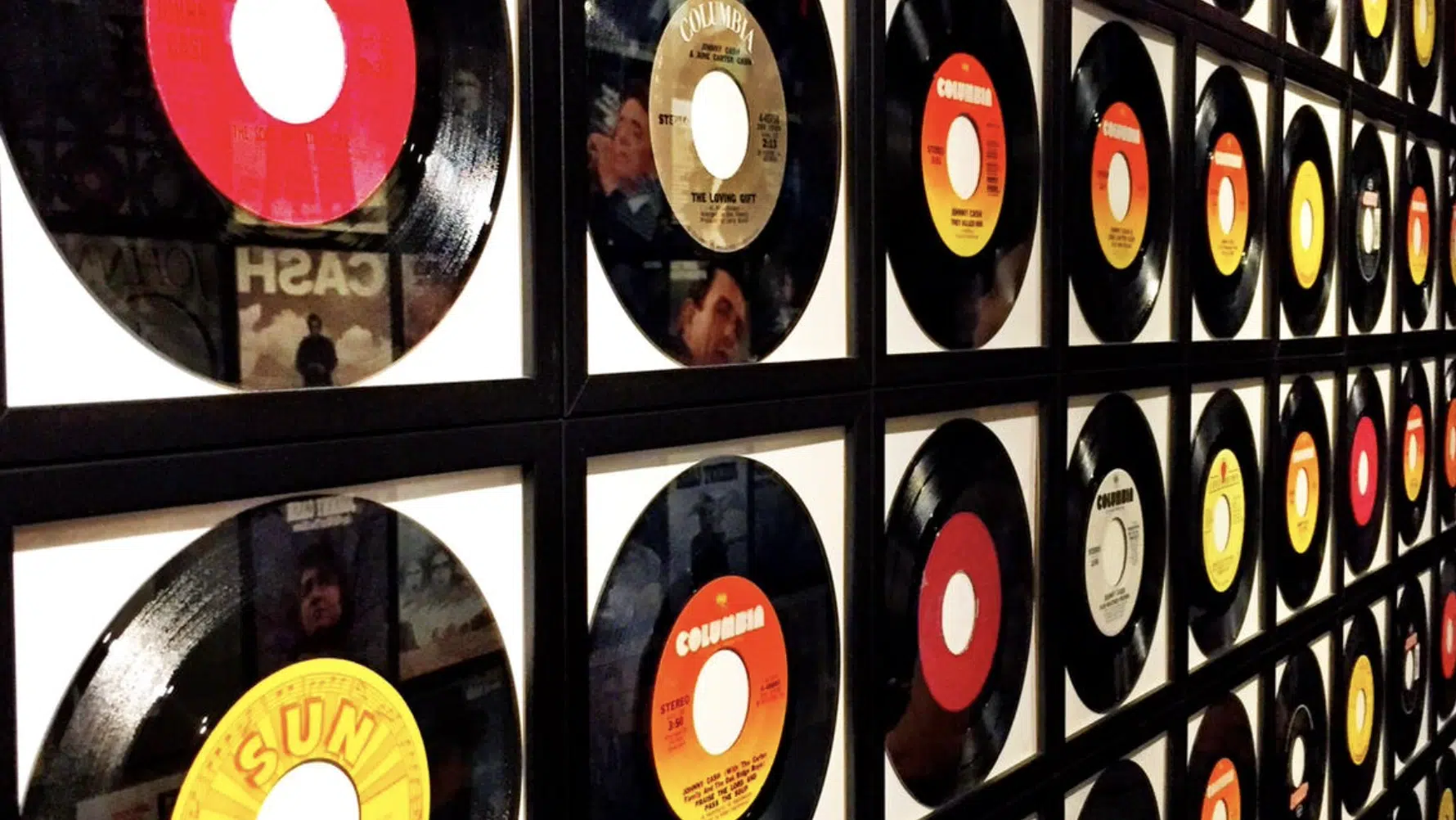
To wrap things up, let’s break down some tips and techniques when it comes to your demo submission.
#1. Always personalize your submissions to each label.
#2. Keep your demo package simple, concise, and professional 一 focusing on quality over quantity.
#3. Ensure your recordings are of the highest quality, with proper mixing and mastering, so your music stands out.
#4. Follow each label’s specific submission guidelines to a T before you upload to demonstrate your professionalism.
#5. Be patient and persistent and don’t be discouraged by rejection, as it’s a common part of the process.
#6. Make sure to network with industry professionals and attend relevant events to increase your chances of getting noticed.
#7. Promote your music as an artist as much as possible and make sure to get a good following. This is also key.
#8. Keep improving your craft and staying updated with industry trends to stay competitive in the ever-evolving music world.
If you follow all these tips and tricks, you have a much better chance of getting your music heard and standing out.
Demo Submission: Final Thoughts
When you submit a demo submission, you have to make sure it’s professional, polished, and tailored to the specific record label.
Plus, you have to communicate effectively with A&R managers and provide all necessary contact details.
As well as follow up respectfully and handle feedback constructively.
Now, with all the information you have here today, you’ll be able to create an impressive demo submission and increase your chances of getting signed.
As an added bonus, you’ve got to check out the legendary Project Files, which will show you exactly how to make a professional track, from start to finish.
This way, when you submit your song, it will always be high-quality and appealing to labels.
Plus, your music will instantly stand out in a crowded industry.
So, keep making music, stay persistent, and never get discouraged 一 your breakthrough could be just around the corner.
Until next time…







Leave a Reply
You must belogged in to post a comment.